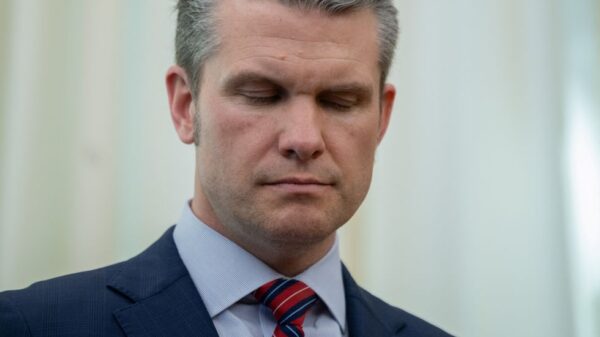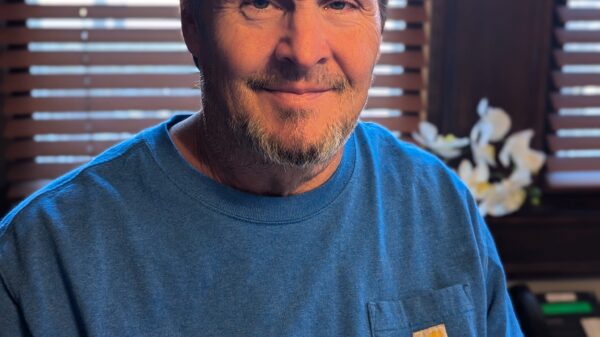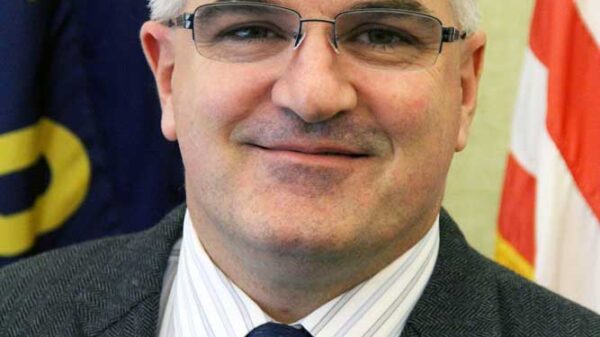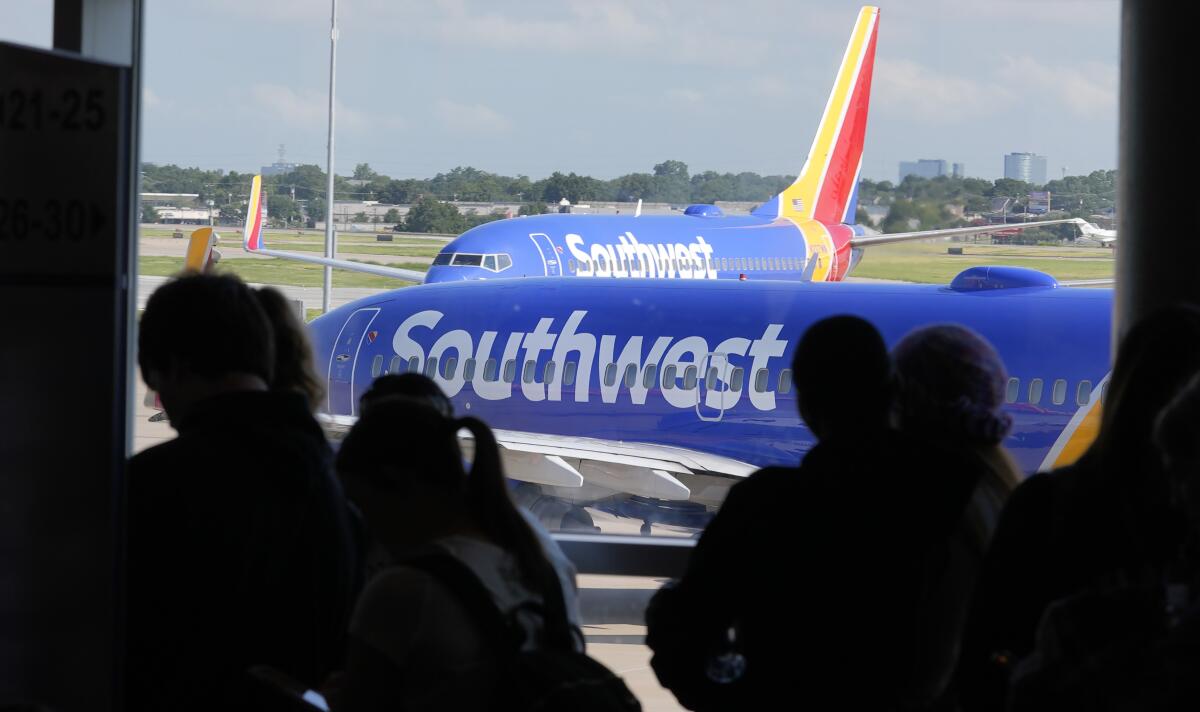BREAKING: Southwest Airlines has announced a significant change to its seating policy that will impact plus-size travelers, effective January 27, 2026. Advocates are expressing deep concern, stating this new policy will create financial burdens and additional barriers for this community.
For over a decade, Southwest’s “customer of size” policy allowed travelers like Jen McLellan to fly with dignity, but now, the airline will no longer guarantee refunds for extra seats purchased in advance. Previously, customers could request a refund after travel if they encroached upon neighboring seats and purchased an additional seat. The airline has stated that refunds will now only be issued under specific conditions, a stark shift that many see as a step backward in accessibility.
McLellan voiced her dismay on Instagram, stating, “The recent changes are heartbreaking.” She emphasized that this policy was not merely about individual comfort—it was about ensuring accessibility and reducing stigma. Southwest’s previous policy provided a sense of security for plus-size travelers, who could easily reserve an empty seat and receive compassionate support from customer service agents.
The change coincides with Southwest’s preparations for a transition to assigned seating in the upcoming year, as the airline seeks to streamline operations. A spokesperson for Southwest noted that less than 1% of its customers requested an extra seat annually, out of approximately 140 million passengers in 2024.
This policy evolution raises critical concerns, particularly as the airline industry faces scrutiny over passenger comfort. According to FlyersRights, a nonprofit advocating for airline passengers, less than half of travelers can comfortably fit in standard airplane seats, which range from 15.5 to 19 inches in width.
The Federal Aviation Administration has faced pressure to establish minimum seat sizes, but airline trade groups have opposed such measures. In 2023, a U.S. appeals court ruled that while seats may be uncomfortable, they do not pose a safety risk, leaving plus-size travelers without legal recourse for inadequate space.
Tigress Osborn, executive director of the National Association to Advance Fat Acceptance, highlighted the historical context of this policy. She noted that past incidents, such as the removal of filmmaker Kevin Smith from a Southwest flight in 2010, prompted the airline to adopt a more inclusive stance. “They positioned themselves as the airline welcoming plus-size passengers,” Osborn said.
However, with the removal of the refund guarantee and the implementation of assigned seating, advocates fear this represents a significant reversal that may deter plus-size travelers from flying. Jeff Jenkins, founder of Chubby Diaries, emphasized that in today’s economic climate, many may question their ability to afford two seats, increasing anxiety around travel logistics.
“Passengers will now have to strategize about whether they can secure two adjacent seats,” Jenkins said, pointing to additional travel concerns such as needing seat belt extenders and navigating airport accessibility.
Experts suggest that this policy change reflects broader financial cutbacks within corporate America, raising alarms about the commitment to diversity and inclusion. Osborn stated, “The things we said were important don’t have to be important in the same way anymore.”
As this story develops, plus-size travelers and advocates are urged to stay informed about Southwest’s policy changes and explore alternatives to ensure their travel experiences remain dignified and accessible.
For those affected, the airline industry continues to be a focal point of discussion around passenger rights and comfort in air travel. Stay tuned for updates on this ongoing issue.



































































